Nofollow Affiliate Links: An introduction
-
Jesse is a Native Montanan and the co-founder and CEO of Geniuslink - or, as he likes to say, head cheerleader. Before Jesse co-founded Geniuslink, he was a whitewater rafting guide, worked at a sushi restaurant, a skate/snowboard shop, was a professional student, and then became the first Global Manager at Apple for the iTunes Affiliate Program.
- August 17, 2023
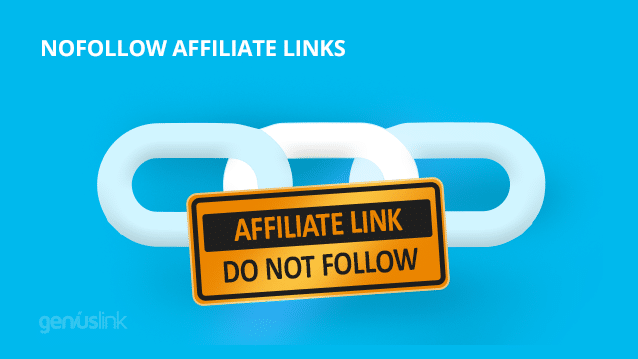
One somewhat controversial topic in affiliate marketing is whether or not you should ‘nofollow’ affiliate links, especially as it correlates to SEO.
Let’s talk about how to do it, and whether it’s the best thing to do.

Nofollow Affiliate Links: Should You Do Use Them?
SEO is one of the best ways to get traffic to your site. Of course, you can research keywords and reorder titles and headings for page rank. But there are other technical tweaks you can do to increase your rank in Google search. One of the easiest ways is making your affiliate links ‘nofollow.’
The Google algorithm used to emphasize the number of links to your page to determine your rank in search. If many pages linked to your page, Google assumed that it must be a great source of information. So Google “crawlers” (bots that follow all the links in your site) would follow all the spider webs of links to determine the best resource for a search query.
Of course, it didn’t take long for people to figure out that they could game the algorithm through spamming links, thus improving their ranking without having the most useful content. This caused the Google algorithm to shift and penalize sites with too many links that appeared “spammy.”
Because of this, Google now advises in their webmaster guidelines:
“A site’s ranking in Google search results is partly based on analysis of those sites that link to it. In order to prevent paid links from influencing search results and negatively impacting users, we urge webmasters use nofollow on such links. Search engine guidelines require machine-readable disclosure of paid links in the same way that consumers online and offline appreciate disclosure of paid relationships (for example, a full-page newspaper ad may be headed by the word “Advertisement”).”
So let’s get one thing straight right away, nofollow is a marking for the crawlers, not your traffic. So a nofollow link will still take a reader to your product, but it just will not contribute as significantly to the SEO of the pages you’re linking to.
Should you nofollow affiliate links?
This begs the question, should you mark your affiliate links as nofollow? If you have a list post with a bunch of links to products (which is good practice!) Google may be flagging that post as spammy and penalizing you in the algorithm.
Thus, it is recommended by Google Webmaster Guidelines to nofollow all affiliate links and to not utilize affiliate program links as part of your ranking strategy.
Can nofollow links hurt you?
In most cases no, nofollow links will not hurt your SEO. However, if there is clearly a mass spamming of links on your website, then you may still be penalized despite marking your links as nofollow. But that’s more to do with your practices with links, and not nofollow.
A good rule of thumb is to try to use trustworthy links in general and be careful to not spam links. By always keeping this in mind you will avoid most Google penalties.
Are Affiliate Links Bad for SEO?
There is no short answer to this question because while they aren’t typically “bad” for SEO, they can be. Consequently, affiliate links should be marked as nofollow. Matt Cutts, a software engineer that helped Google develop their algorithm, said that Google most of the time can identify an affiliate link and will not crawl it. However, like everything in life, this process is not perfect. That’s why it’s wise to help the crawlers and mark affiliate links as nofollow.
Does nofollow pass link juice?
Nofollow links do not pass link juice since the bots will not crawl them.
Link juice is a way to explain the authority that certain dofollow links pass. For example, a link from the New York Times has a lot of authority to pass good link juice or link equity.
Since nofollow links tell the Google algorithm not to include them in their page rank process, they do not pass authority (good or bad) and consequently have no link juice.
How do I add nofollow links (Amazon)?
There are a few different ways to add nofollow attributes to your links. The first way you can make a link nofollow manually by altering the code of the link. Ahrefs provides a great example of this:
The blue text in this sentence is a Dofollow link. The blue text in this sentence is a nofollow link. The difference between the two is apparent only when you dig into the HTML code.
Followed:
1 <a href=”https://ahrefs.com”>blue text</a>
Nofollowed:
1 <a href=”https://ahrefs.com” rel=”nofollow”>blue text</a>
The HTML is identical except for the addition of the rel=”nofollow” tag.
An easier way to do this if you’re unfamiliar with code is using a plugin. Certain WordPress plugins will nofollow all external links when installed in your WordPress. This is an easy way to up your SEO game without much effort. Here is a list of the top 5 paid and free plugins so you can start making your affiliate links nofollow.
Conclusion
We hope this helped you learn about nofollow links and how they pertain to affiliate links. It is important to think about your links and how they affect your SEO. Google wants to reward credible sites with a good ranking, so this is a great way to signal to a bot that you’re spam-free. Please feel free to comment with any additional questions on nofollow or dofollow links below.
Author
-
Jesse is a Native Montanan and the co-founder and CEO of Geniuslink - or, as he likes to say, head cheerleader. Before Jesse co-founded Geniuslink, he was a whitewater rafting guide, worked at a sushi restaurant, a skate/snowboard shop, was a professional student, and then became the first Global Manager at Apple for the iTunes Affiliate Program.
Author
-
Jesse is a Native Montanan and the co-founder and CEO of Geniuslink - or, as he likes to say, head cheerleader. Before Jesse co-founded Geniuslink, he was a whitewater rafting guide, worked at a sushi restaurant, a skate/snowboard shop, was a professional student, and then became the first Global Manager at Apple for the iTunes Affiliate Program.
Related posts
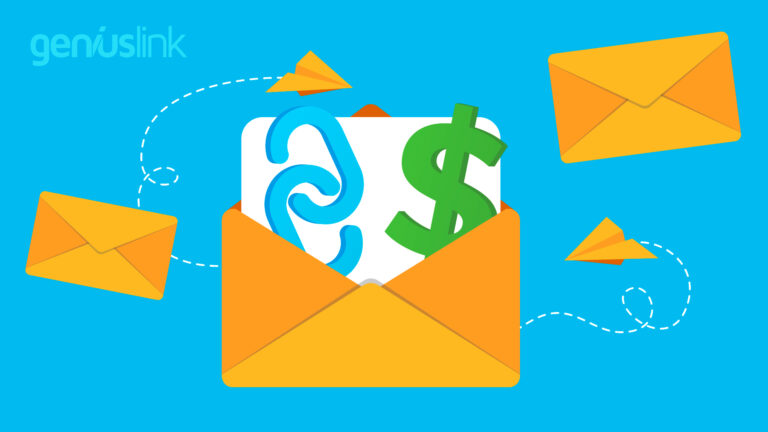
Can you Include Affiliate Links in Emails?
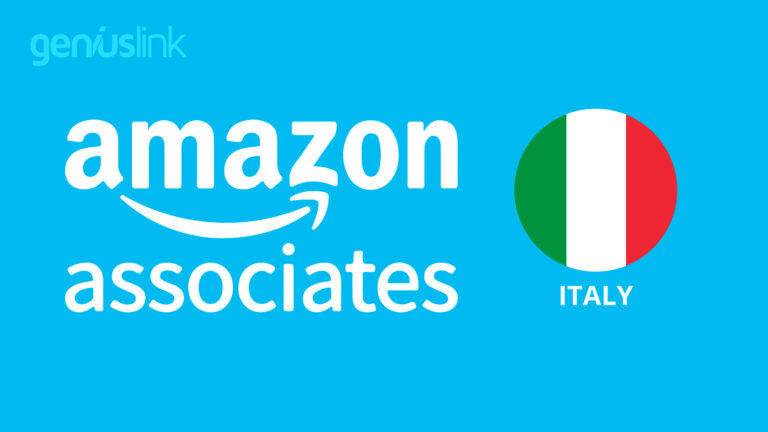
Amazon Associates Italy Guide: Account Setup, Amazon OneLink, Taxes, & More
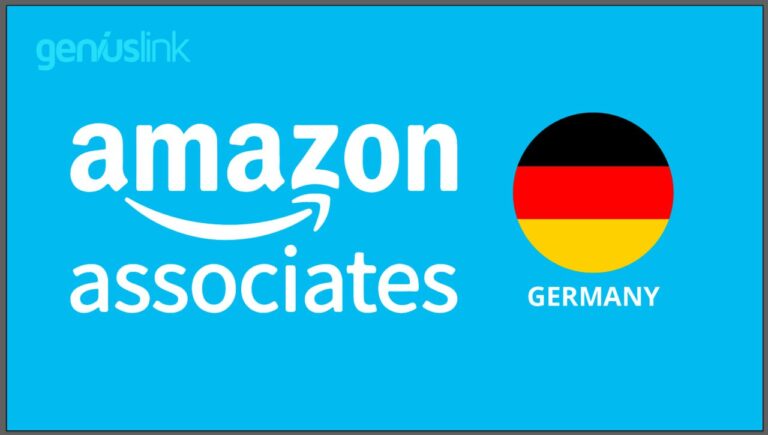
Amazon Associates Germany Guide: Account Setup, Amazon OneLink, Taxes, & More
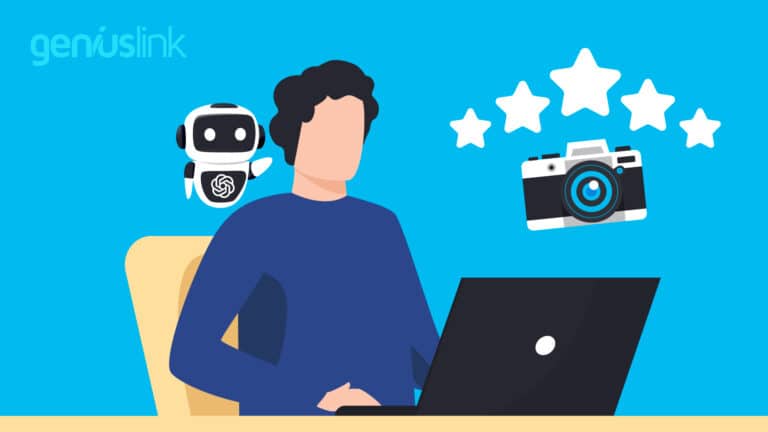
How to Create Affiliate Product Reviews (With the Help of ChatGPT)
More revenue from every link you share
Geniuslink makes localizing, tracking, and managing smart links dead simple, so you can earn more without added work.
